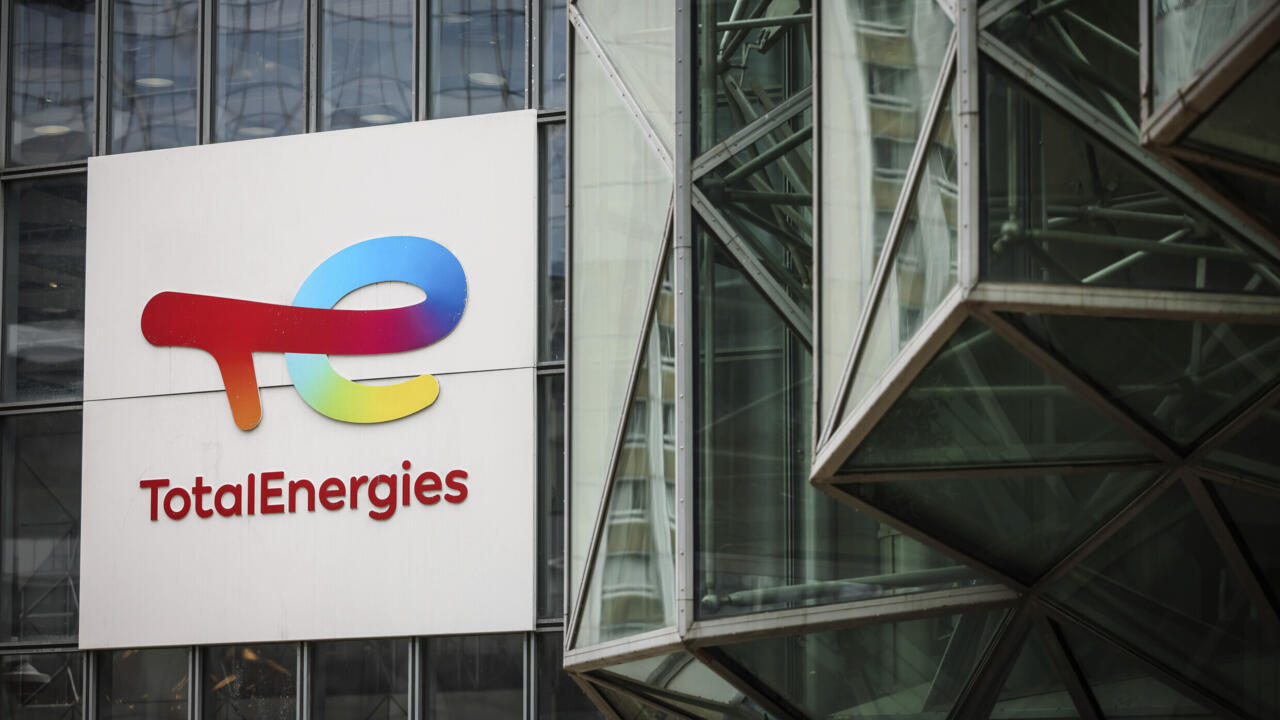 Drone photo of nickel mine in Sulawesi, Indonesia. Courtesy Gecko Project
Drone photo of nickel mine in Sulawesi, Indonesia. Courtesy Gecko ProjectMALMO, Sweden, October 23 (IPS) - Even amidst the regressive resistance of the current U.S. administration, the world is shifting toward a green energy future. As governments pledge to phase out fossil fuels, companies tout electric vehicles, and financiers pour billions into solar, wind and batteries, it seems the necessary transition from fossil fuels to clean energy is finally picking up pace.
But beneath the celebratory headlines lies a darker, inconvenient truth: the race to extract “transition minerals” widely used in current clean energy technology — is unleashing a new wave of destruction.
And unless we change course, this mining boom will push us closer to collapse as it entrenches poverty, inequality, exploitation, violence and destruction. Expecting the same “extraction at all costs” model that created the planetary crisis we face today to solve it is a fallacy.
In a new report from the Forests & Finance Coalition, analysts found that banks and investors are rewarding bad behaviour by financing some of the worst polluters and human rights offenders in operation.
Over half of the $493 billion in loans and underwriting provided between 2016 and 2024, and over 80% of the $289 billion held in bonds and shares went to just ten transition mineral mining companies. Among the winners are Glencore, Vale and Rio Tinto.
Proponents argue transition minerals are indispensable for renewable energy. But focusing on raw extraction rather than reducing demand, recycling or reuse, has fueled a rapid expansion of new mines. Too often, the narrative of “green” or “clean” energy obscures the real costs and justifies an extractive model mirroring the worst parts of the fossil fuel era.
The harms linked to mining are extreme. In Brazil, Vale has caused two catastrophic dam collapses killing hundreds and destroying the environment as toxic waste spilled. Undeterred, banks increased their financing since Vale’s second dam collapsed in 2019.
In Indonesia, Harita Group’s nickel complex is powered by coal, increasing emissions and damaging public health. Local communities on Obi Island have been poisoned as carcinogenic waste has leached into the island’s drinking water.
Recent investigations show that Harita’s executives knew about this contamination and covered it up for over a decade while financiers backed its expansion and successful Initial Public Offering in 2023.
These are not isolated scandals but symptoms of a system where corporations are unaccountable, and where financiers choose profit over life again and again. Consider this: nearly 70 percent of transition mineral mines overlap with Indigenous or community lands and over 70 percent are located in high-biodiversity regions already facing climate stress.
Meanwhile, wealthy countries are demanding more minerals to produce EVs for affluent markets, while 600 million people in Africa and 150 million in Asia still lack basic access to electricity.
This is not the blueprint for a just energy transition. It’s a new extractive frontier – powering Teslas for the rich while leaving behind exploited workers, poisoned rivers, and displaced communities. Urgent reforms are needed to ensure the energy transition addresses the climate crisis instead of greenlighting destructive practices.
There needs to be a transformation of how minerals are sourced, financed, and governed. Banks and investors must respect human rights by requiring Free, Prior and Informed Consent (FPIC) for Indigenous Peoples, protecting defenders, and ensuring remedy for harmed communities.
They must protect nature through enforceable zero-deforestation safeguards, strict toxic waste controls, and bans on high-risk practices like deep-sea mining. They must strengthen accountability by disclosing financing, enforcing ESG policies across corporate groups, and ensuring grievance mechanisms are fit for purpose.
And they must align finance with climate goals by ending reliance on coal-powered smelters, phasing out harmful practices, and demanding credible transition plans from mining companies.
Governments must also step up with strong regulations to equitably reduce mineral demand, prevent overconsumption in wealthy countries, and prioritize renewable access for the billions still excluded. International frameworks — like the UN’s emerging principles on critical minerals — must be strengthened and enforced.
We can still choose a just energy transition – one built on equitable access to clean power and respect for people and ecosystems. A just transition requires just finance: capital that flows toward equity, accountability, and sustainability, not deeper extraction and harm.
Such a transition would not just cut emissions but also break from the exploitative model that created today’s crisis.
If banks and investors refuse to change course, they will be remembered as champions of the next great wave of environmental destruction and human rights abuses. The choice is stark: a clean energy revolution that delivers justice, or one that repeats the mistakes that brought us to the brink? The time to decide is now.
Stephanie Dowlen is Forest Campaigner with Rainforest Action Network which is part of the Forests & Finance Coalition
IPS UN Bureau
© Inter Press Service (20251023040754) — All Rights Reserved. Original source: Inter Press Service

 5 hours ago
2
5 hours ago
2










 English (US) ·
English (US) ·